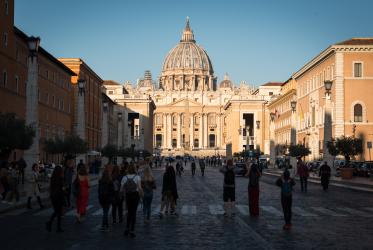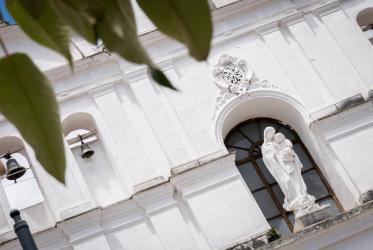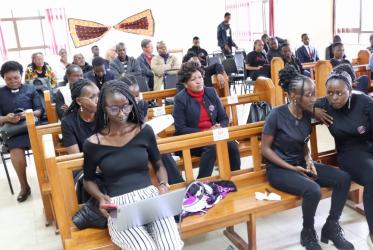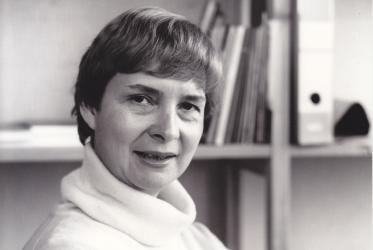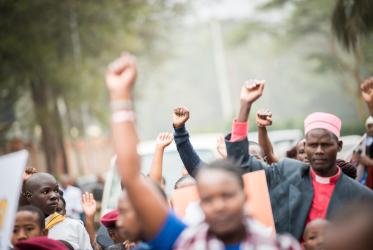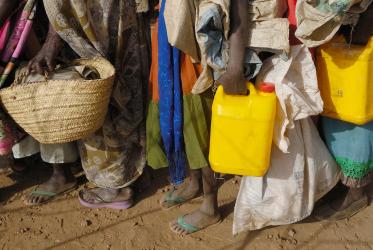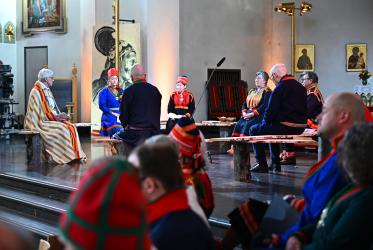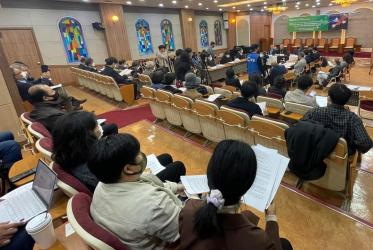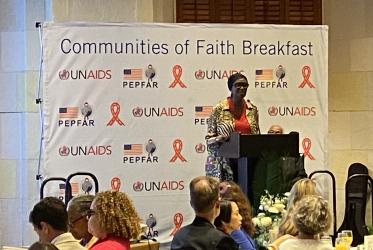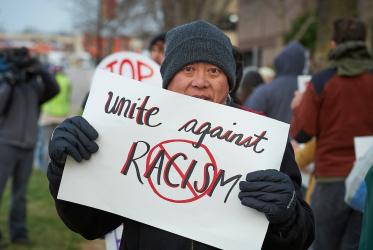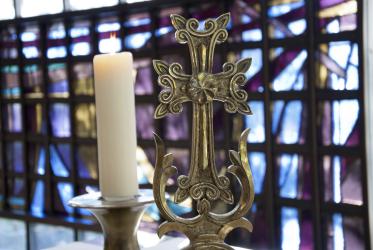Displaying 81 - 100 of 548
HIV and AIDS Civil Society Networks and the Faith Sector
Lessons Learnt from Strategic Engagement in India, Dominican Republic, Indonesia, and Jamaica
31 January 2023
Church of Sweden apologizes to Sámi people, this time in Sápmi
27 October 2022
2022 Social Forum: Water for human rights and sustainable development
03 - 04 November 2022
Palais des Nations in Geneva, Switzerland
Promotion de la dignité humaine par l’art
07 September 2022



